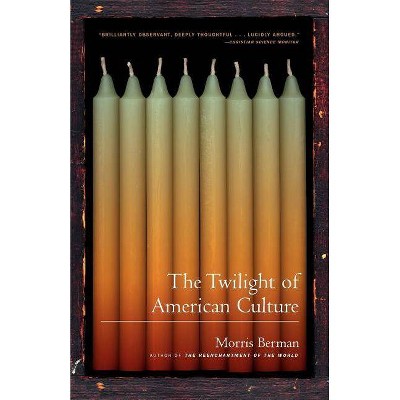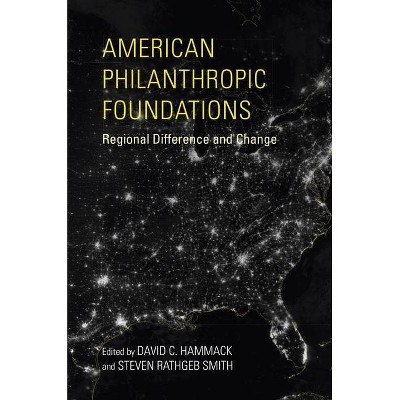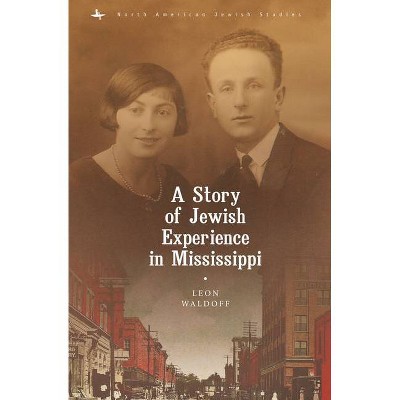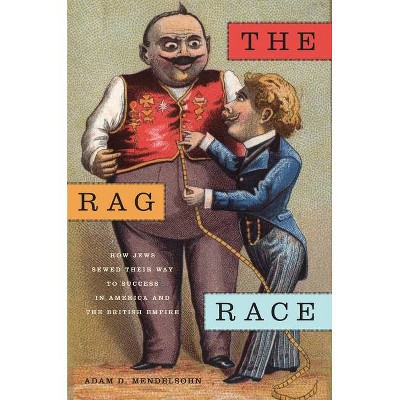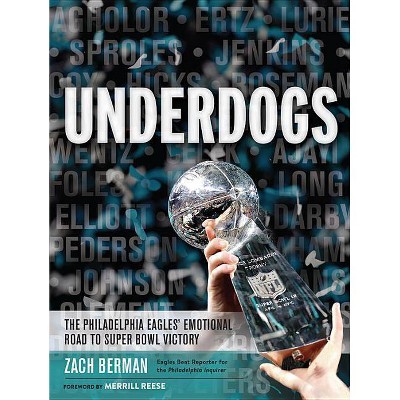The American Jewish Philanthropic Complex - by Lila Corwin Berman (Hardcover)
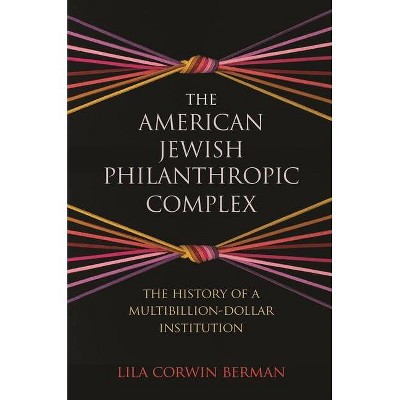
Similar Products
Products of same category from the store
AllProduct info
<p/><br></br><p><b> About the Book </b></p></br></br>"Acts of charity are at the heart of most traditions of Jewish collective life. It is not surprising, then, that as Jewish immigrants established strong communities in the United States in the course of the last century, philanthropy offered them a pathway to effective communal self-help as well as political and economic power and influence. Partaking in American traditions of associational life, volunteerism, and decentralized religious organization, Jews in the U.S. established philanthropic organizations that have grown to be vital forces in Jewish public life. This book charts the history of American Jewish philanthropic practices and institutions from the late nineteenth-century to the present day. This book offers a nuanced assessment of contemporary American Jewish philanthropy. On the one hand, Berman readily acknowledges that this world of charitable giving is filled with well-intentioned people whose institutional donations have provided invaluable support for many worthwhile projects and causes. (The author herself notes early in the book her own reliance, at key moments in her professional career, on Jewish philanthropy.) On the other hand, these good intentions and good works coexist with a vast accumulation of wealth within Jewish philanthropic organizations that, for Berman, exacerbate rather than alleviate worrisome social and economic inequalities in the U.S."--<p/><br></br><p><b> Book Synopsis </b></p></br></br><p><b>The first comprehensive history of American Jewish philanthropy and its influence on democracy and capitalism</b> <p/>For years, American Jewish philanthropy has been celebrated as the proudest product of Jewish endeavors in the United States, its virtues extending from the local to the global, the Jewish to the non-Jewish, and modest donations to vast endowments. Yet, as Lila Corwin Berman illuminates in <i>The American Jewish Philanthropic Complex</i>, the history of American Jewish philanthropy reveals the far more complicated reality of changing and uneasy relationships among philanthropy, democracy, and capitalism. <p/>With a fresh eye and lucid prose, and relying on previously untapped sources, Berman shows that from its nineteenth-century roots to its apex in the late twentieth century, the American Jewish philanthropic complex tied Jewish institutions to the American state. The government's regulatory efforts--most importantly, tax policies--situated philanthropy at the core of its experiments to maintain the public good without trammeling on the private freedoms of individuals. Jewish philanthropic institutions and leaders gained financial strength, political influence, and state protections within this framework. However, over time, the vast inequalities in resource distribution that marked American state policy became inseparable from philanthropic practice. By the turn of the millennium, Jewish philanthropic institutions reflected the state's growing investment in capitalism against democratic interests. But well before that, Jewish philanthropy had already entered into a tight relationship with the governing forces of American life, reinforcing and even transforming the nation's laws and policies. <p/><i>The American Jewish Philanthropic Complex</i> uncovers how capitalism and private interests came to command authority over the public good, in Jewish life and beyond.</p><p/><br></br><p><b> Review Quotes </b></p></br></br><br>Winner of the Saul Viener Book Prize, American Jewish Historical Society<br><br>Winner of the Ellis W. Hawley Prize, Organization of American Historians<br><br>[Lila Corwin] Berman's book provides an excellent lens to understand how the American political system and the creative approach to evolving tax laws enabled the development of a philanthropic system that is now a model for philanthropy beyond the Jewish community.-- "eJewish Philanthropy"<br><br>In the meticulously researched work, Berman -- a professor of American Jewish history at Temple University -- traces the history and the transformation of the extensive network of Jewish charitable organizations, exploring how they developed over time, and how that evolution was inextricably interconnected to both changing U.S. tax law and growing capitalistic sentiments.-- "Jewish Insider"<br><br>Professor Berman takes a deep -- and brave -- dive into the inner financial workings of the American Jewish community role in contributing to the entire American philanthropy industry.<b>---Sam Bahour, <i>Sam Bahour blog</i></b><br><br>A meaningful addition to the fields of Jewish studies and philanthropy.-- "Kirkus Reviews"<br><p/><br></br><p><b> About the Author </b></p></br></br><b>Lila Corwin Berman</b> is the Murray Friedman Chair of American Jewish History at Temple University, where she directs the Feinstein Center for American Jewish History. She is author of <i>Metropolitan Jews: Politics, Race, and Religion in Postwar Detroit </i>and <i>Speaking of Jews: Rabbis, Intellectuals, and the Creation of an American Public Identity</i>.
Price History
Price Archive shows prices from various stores, lets you see history and find the cheapest. There is no actual sale on the website. For all support, inquiry and suggestion messagescommunication@pricearchive.us


